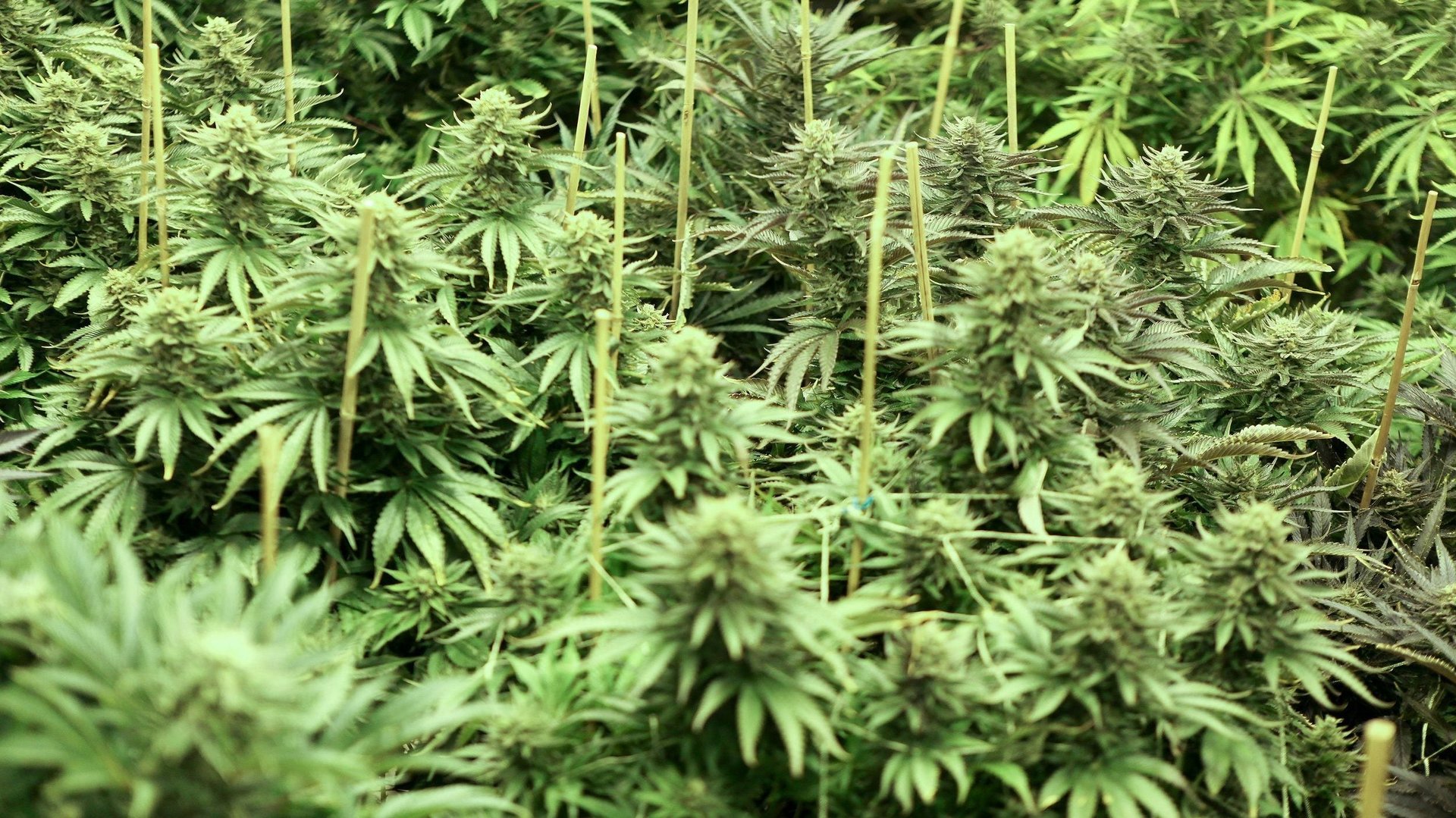When it comes to legal cannabis, Zimbabwe is conflicted between economics and morality
Harare, Zimbabwe


Harare, Zimbabwe
Zimbabwe’s hopes to get a quick economic boost from legalizing cannabis farming have been put on hold after the licensing process was halted. Officials are now seeking “a proper feasibility study” on how to deal with the moral concerns raised by community and religious leaders and evaluate how much the country would actually earn from what would be a new industry sector.
The move to legalize marijuana farming has sparked mixed reactions and widespread debate with condemnation from religious leaders. Like in many other countries, marijuana is often linked by authorities to drug peddling and substance abuse in Zimbabwe. But already, as many as 350 growers have already applied to grow cannabis in Zimbabwe with hopes of “crazy” earnings from growing dagga, as it is commonly called in southern Africa.
The country is already a big tobacco exporter, earning about $827 million from the plant in 2017. The conditions for growing tobacco and marijuana are somewhat similar.
Zimbabwe said in April that license fees would cost $50,000 for growing marijuana reversing a long-held anti-marijuana position which was supported by strict laws with sentences of up to 12 years imprisonment for illegal possession or smoking of dagga.
“The policing of the legal use of mbanje could be problematic as many may use it for recreational purposes,” said Pastor Blessing Makwara of the Evangelical Fellowship of Zimbabwe, using another local term for marijuana. “We are witnessing an escalation of drug abuse and addiction at an unparalleled scale.”
But the economic argument for Zimbabwe to legalize marijuana is seen as compelling with potentially lucrative earnings—the global pricing structure of the substance is between $170 and $375 per ounce. It remains unclear if Zimbabwe will do anywhere as well as it has done from tobacco earnings.
Others say “the hemp (a variety of cannabis) industry is a boon” for Zimbabwe’s struggling economy. “It is not wise to take such a valuable resource for granted any longer,” said Dr Zorodzai Maroveke who heads the Zimbabwe Industrial Hemp Trust.
Meanwhile, the government’s April announcement had already been taken to mean Zimbabwe had legalized marijuana smoking and local dancehall artists penned songs praising president Emerson Mnangagwa for the move and saying mbanje was “healthy”.
Lesotho became the first African country to legalize marijuana farming last year. Its decision to view marijuana as a source of national revenue rather than petty crime marks a shift in a region where marijuana is widely used and regularly exported across borders.